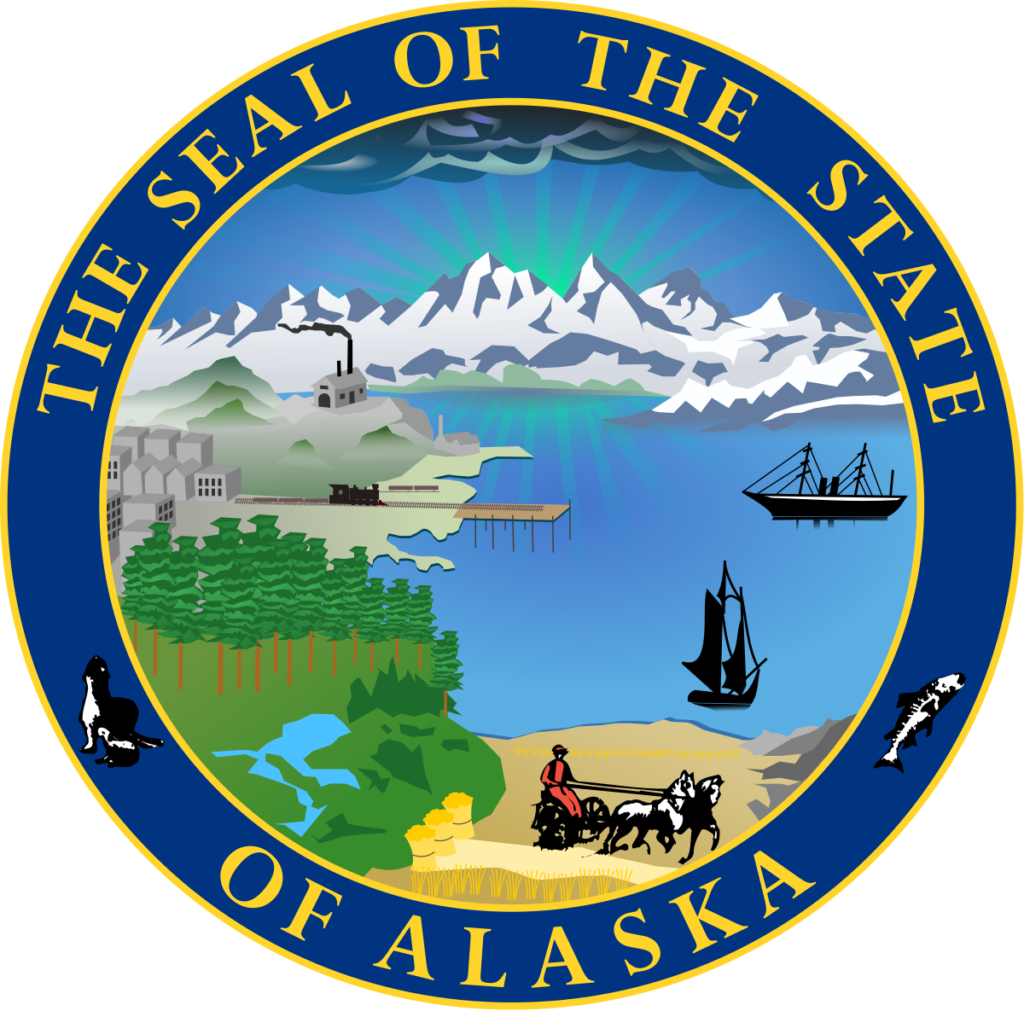The State of Alaska on Wednesday filed a challenge to the Bureau of Land Management’s (BLM) “Conservation and Landscape Health Rule.”
“The United States Government works within a system of checks and balances,” said Alaska Attorney General Treg Taylor “but this administration has shown a determined attitude to circumvent that system to achieve its goals. More often than not, the executive branch does exactly what it did with this BLM rule. It creates rules and policies through agencies to serve its purpose when laws are not created by Congress. That practice undermines our system of governance in America, and, in this instance, removes opportunities from Alaskans to use their own lands.”
In its suit, the state argues that the implementation of the rule violates the Federal Land Policy and Management Act (FLPMA) and the Alaska National Interest Lands Conservation Act (ANILCA), which had already identified lands to be protected and provided which lands were to be open to multiple uses, including natural resource development. The Landscape Health Rule would allow the BLM to withdraw sections of land from “multiple use” status and authorize those lands for “restoration” and “mitigation” purposes. This authority is nowhere in statute and instead was simply created by the BLM to fill a manufactured need.
According to a press release from the state, “In the 48 years since Congress enacted FLPMA, BLM has never once asserted this broad authority. The rule that they have now promulgated creates a new preservation system from whole cloth.”
ANILCA contains a “No More” clause which established that no additional lands in Alaska would be placed in the conservation system without the direct approval of Congress, FLPMA contains similar restrictions. Additionally, the National Environmental Policy Act (NEPA) also required BLM to examine the environmental effects of its proposal, the agency failed to do so and instead relied on a “categorical exclusion.”
The State argues that the Landscape Health Rule attempts to circumvent mandatory Congressional approval and bypass required environmental reviews.

